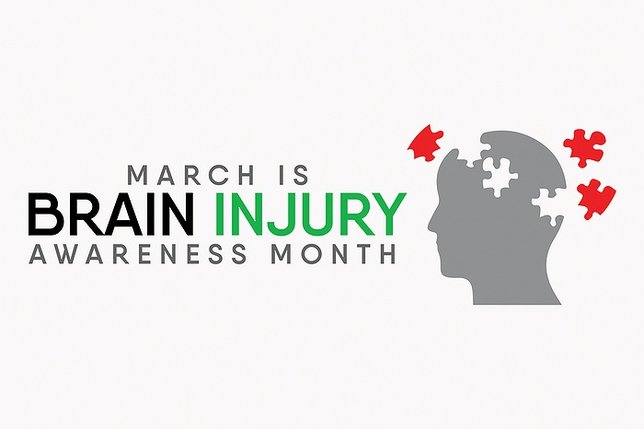The New York State Department of Health recognizes Brain Injury Awareness Month by educating and providing resources to survivors of traumatic brain injuries (TBI) and their families.
“Traumatic brain injuries can have a devastating impact on survivors and their loved ones,” State Health Commissioner Dr. James McDonald said. "Prevention, if possible, is vital to avoiding traumatic brain injuries, and I strongly encourage anyone who suffers a head injury to get medical treatment right away.”
A TBI is an injury to the brain caused by an external force, such as a strike or impact. Brain injuries are often permanent and disabling.
The majority of TBIs are concussions or other forms of mild TBI. Concussions occur from a bump or blow to the body or from an action that causes the head and brain to move quickly back and forth, as can happen with a whiplash or shaking. Military personnel are at risk of blast-induced TBI. Symptoms of a TBI may not appear until days or weeks following the injury. Traumatic brain injuries need emergency treatment.
Nearly 157 incidents of TBIs occur in New York State daily, resulting in death or hospital treatment. Each year, TBIs result in more than 2,200 deaths, 17,000 hospitalizations, and almost 38,000 emergency department visits among New York State residents.
The risk of sustaining a TBI is highest for young children, young adults, and seniors. Risks are also higher for men than women. Men are almost twice as likely to be hospitalized with a TBI. The leading causes of TBI continue to be falls, motor vehicle crashes, and assaults.
The Department is committed to providing resources and support to survivors of TBIs and their loved ones. The Department will add more funding to the Traumatic Brain Injury and Nursing Home Transition and Diversion housing subsidies. Since 1995, the Department has administered a federal HCBS Waiver for Medicaid eligible individuals with TBI, funded under the State Medicaid Assistance (MA) program with Federal/State/Local matching support. Accordingly, the TBI Housing Program has provided rental subsidies and housing support to HCBS/TBI waiver participants based on a need for safe and secure housing, financial aid for housing expenses, and funds necessary for furniture, moving expenses and security deposits.
More information on traumatic brain injuries can be found here.
Traumatic Brain Injury: Prevention is the Only Cure can be found here.










